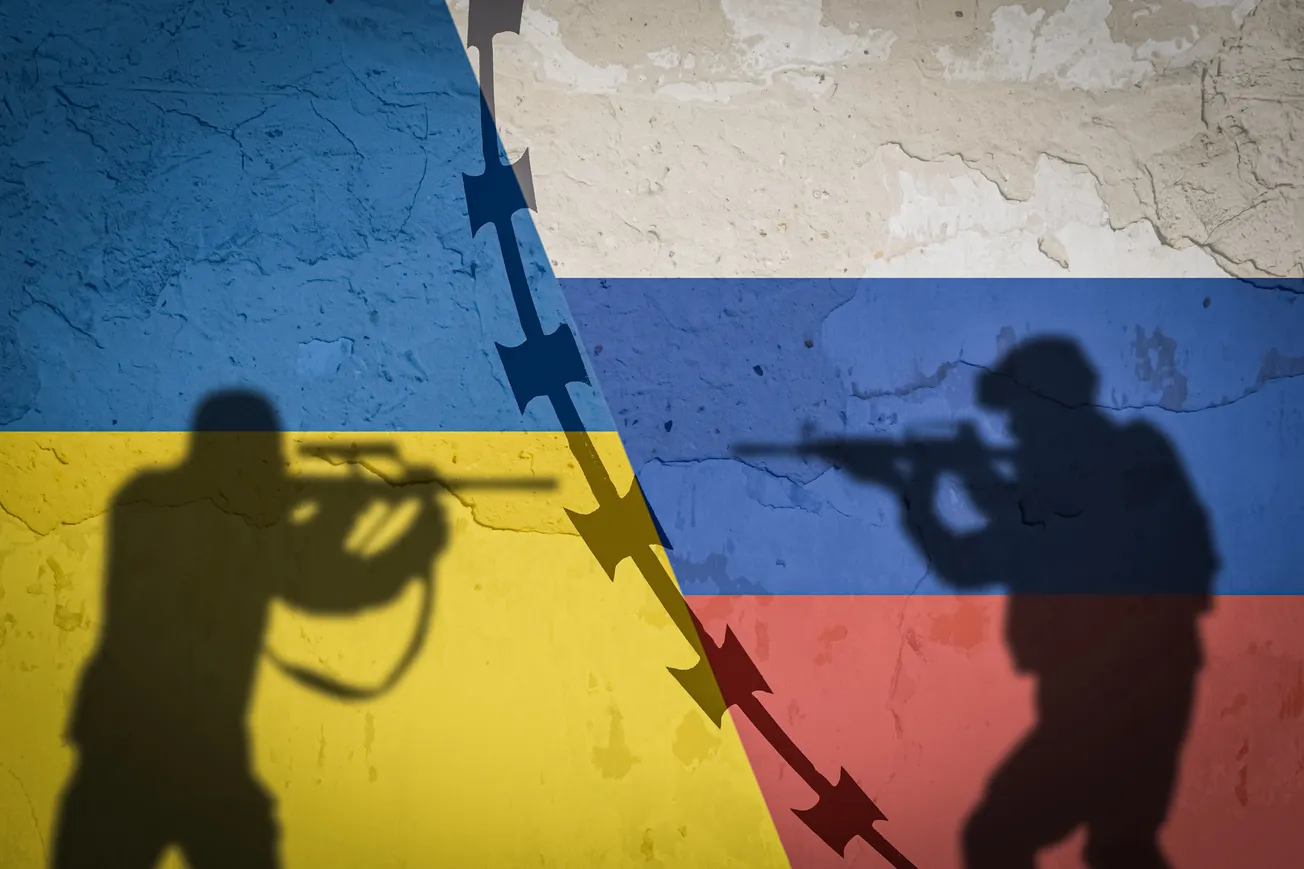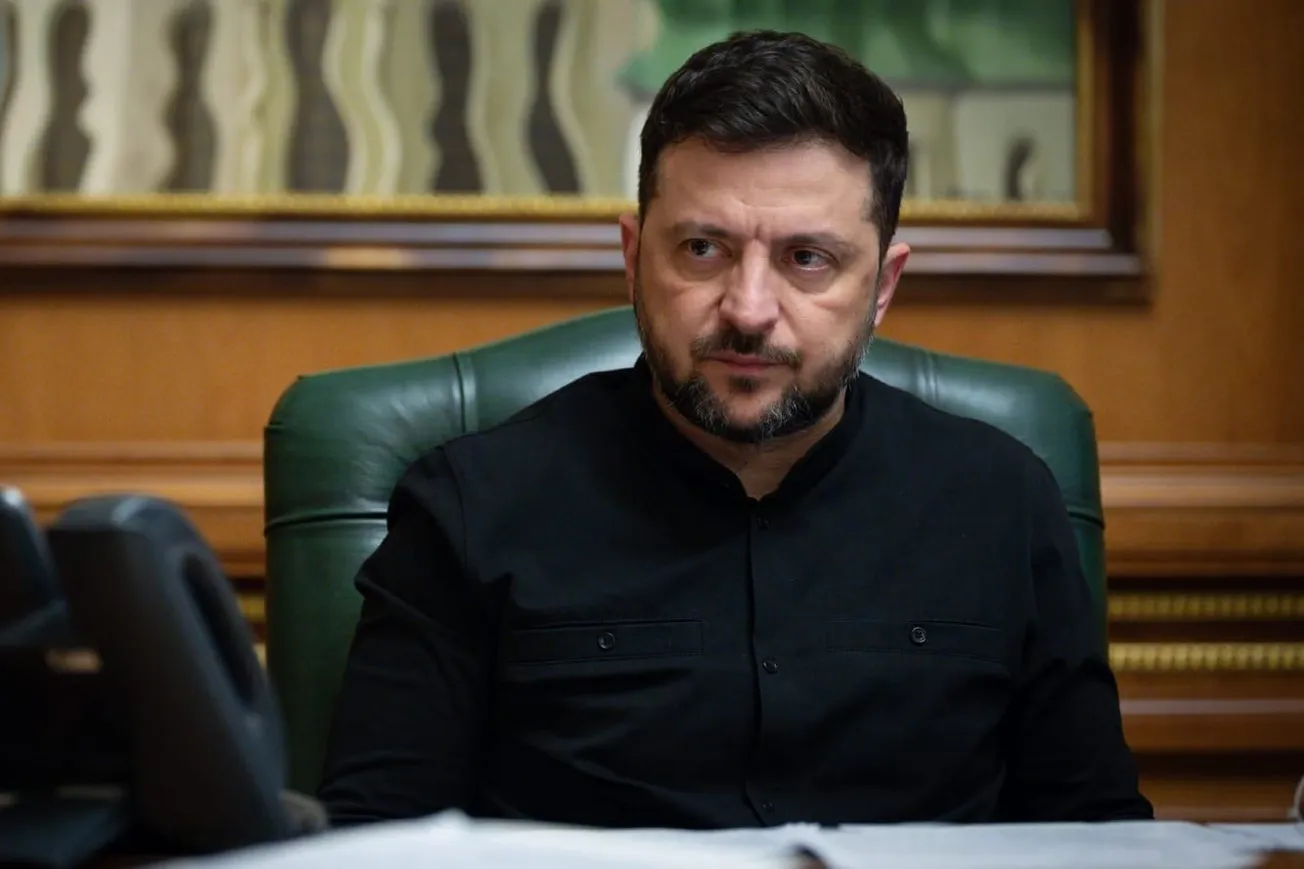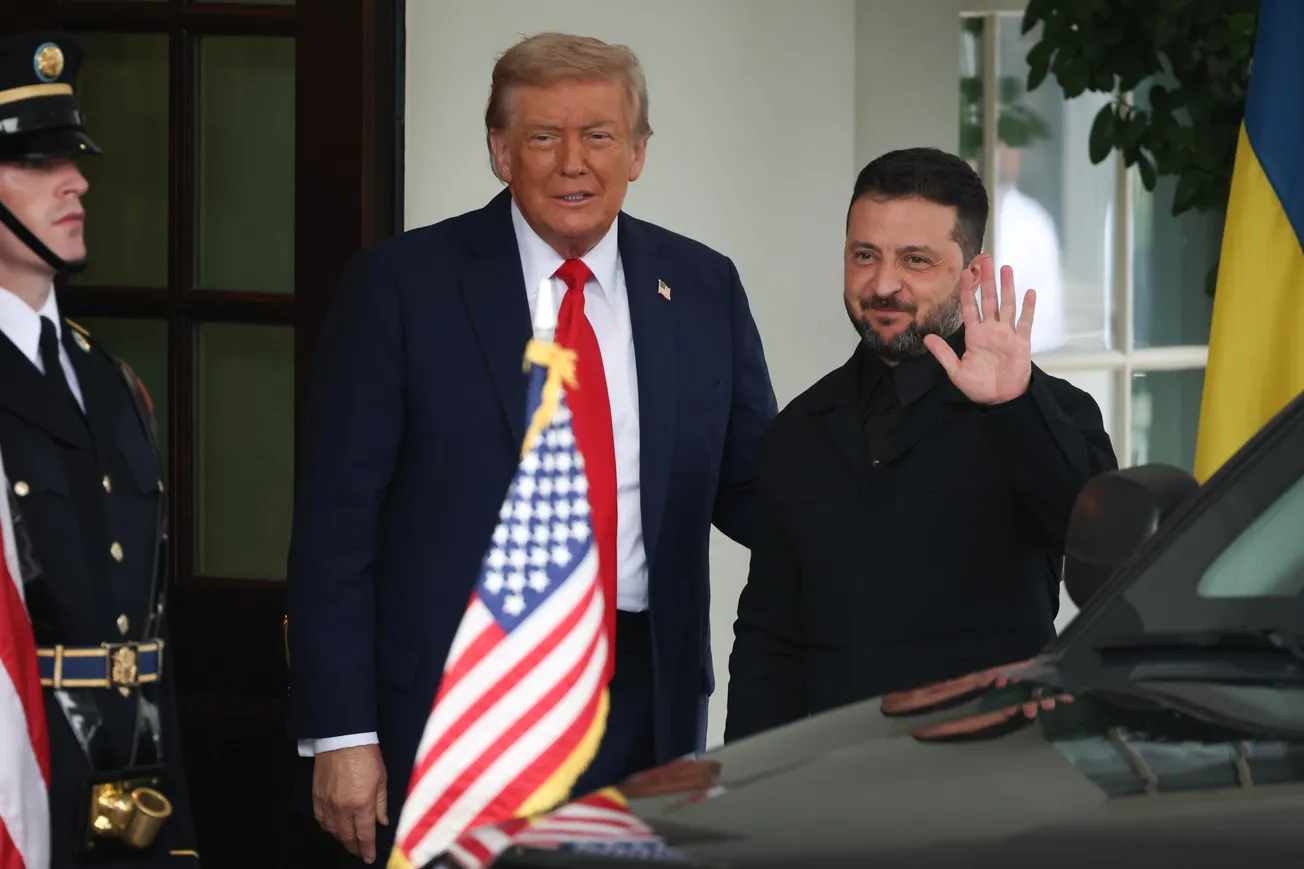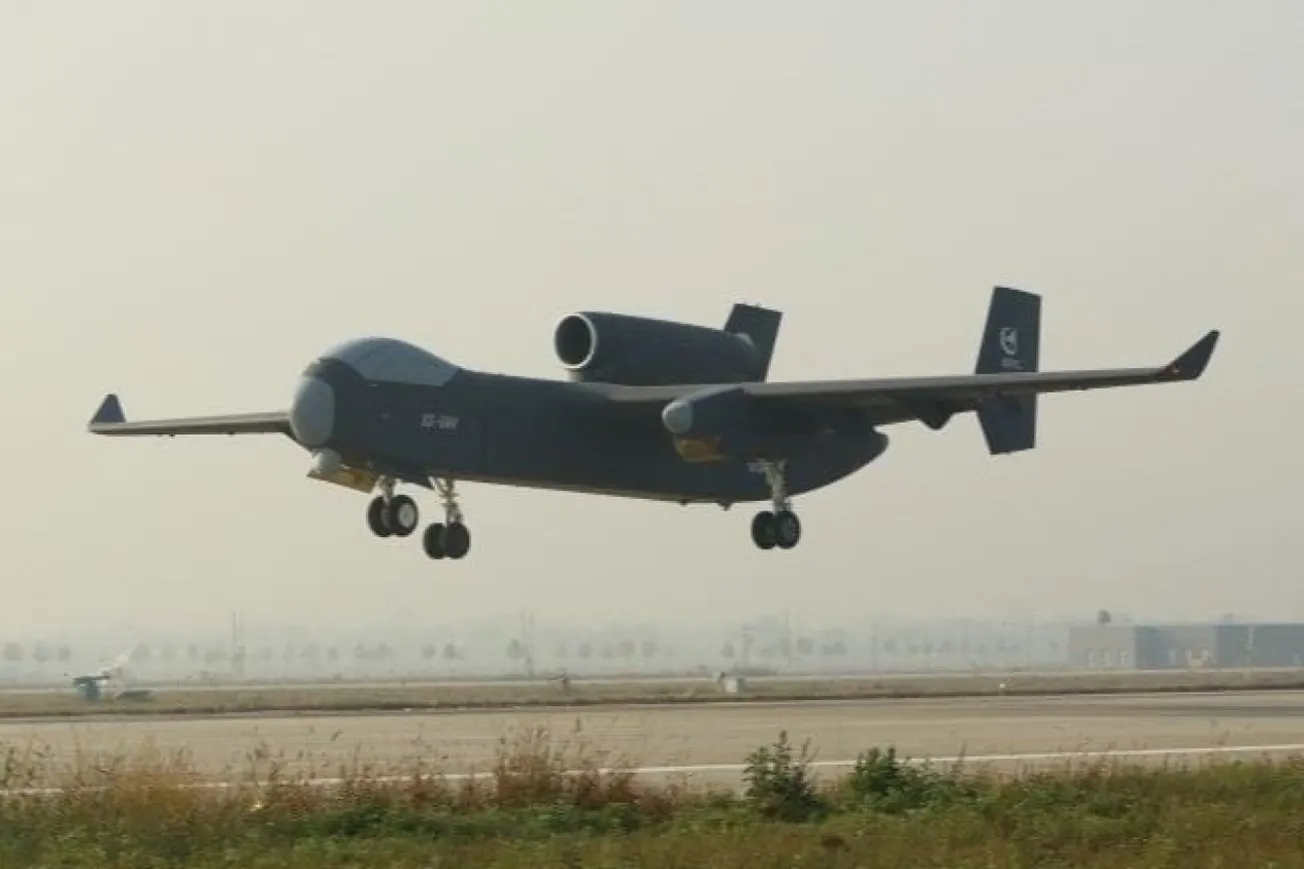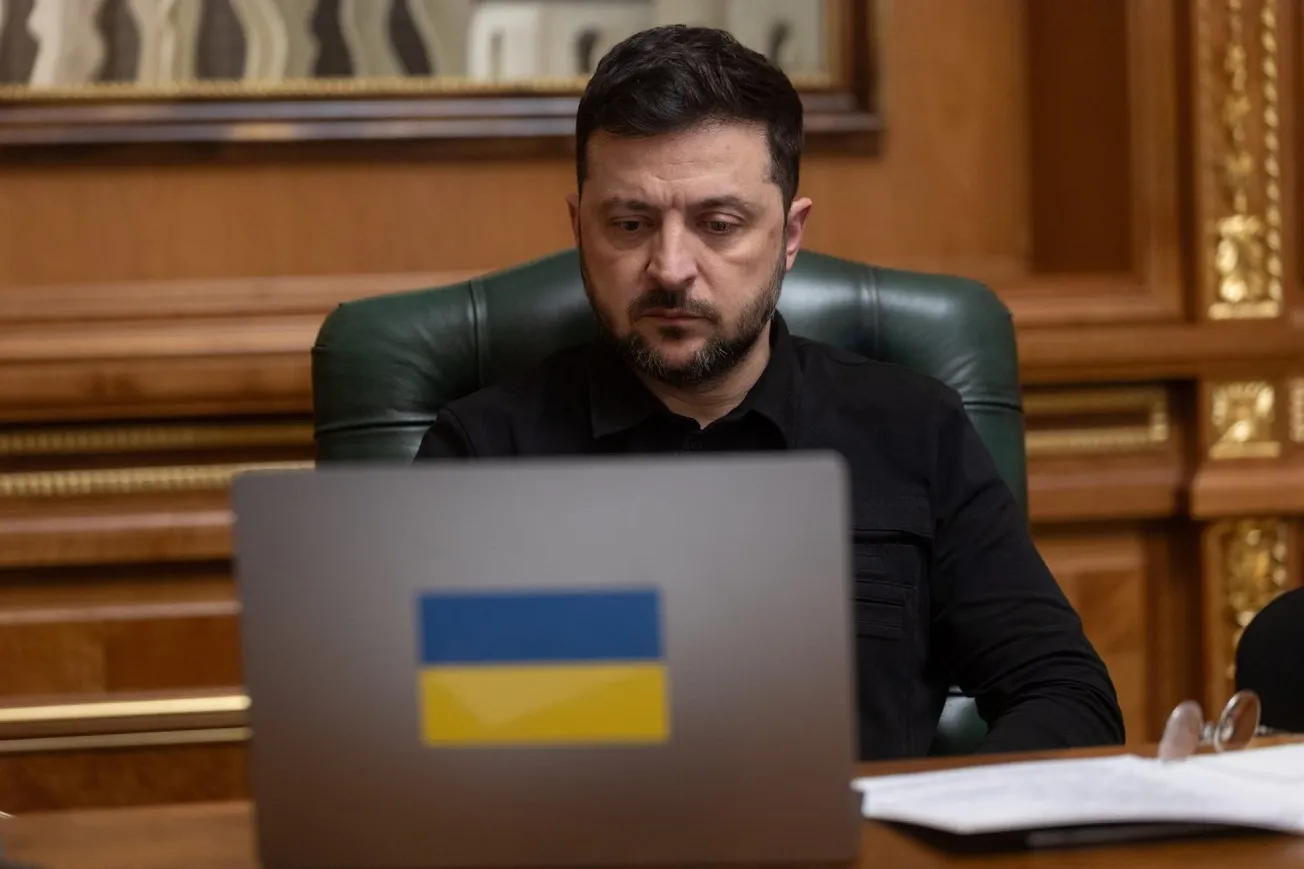War is never good news; a prolonged war is even less so. The Russian invasion of Ukraine has entered its 15th month, and there is lamentably no end in sight.
Kyiv has made its intentions clear – fight till Russian troops withdraw entirely from its territory. The West, led by the U.S., backs Ukraine's position. From day one, Ukraine has been fighting the war with the support of America and its Western allies.
The recent developments in the war zone, and diplomatic and intelligence fronts, point to the situation escalating further. Top secret files, recently leaked online, stated that Special Forces from the UK, France, the Netherlands, and the U.S. are fighting on Ukrainian soil. The expose hints at the possibility that the two nuclear powers – America and Russia - maybe be headed toward a direct military confrontation.
Russian foreign ministry's head of nuclear non-proliferation, Vladimir Yermakov, ominously stated, "In the worst-case scenario, i.e., if Washington drives the situation to a military clash between the strongest nuclear powers, then it is not the fate of the New START but the fate of the entire world that will be a concern."
Last month, America stopped exchanging data on its nuclear forces after Russia decided to pull out from the New START treaty in February. Reuters reports that Dmitry Medvedev, deputy chairman of Putin's Security Council, speaking at a conference in Moscow, said, "The world is sick and quite probably is on the verge of a new world war."
The threat of the war escalating to a nuclear confrontation has been in the background since the first weeks of the invasion and has been increasing steadily. Russia announced plans to station on-strategic nuclear weapons in Belarus. President Putin has often implied that Moscow will dip into its arsenal of tactical nuclear weapons should NATO become directly involved in the war.
The world has come close a few times since the Hiroshima and Nagasaki bombings, but administrations diffused each situation through diplomatic channels. World leaders have often flexed their nuclear muscles without actually using them. So far, the prospect of 'mutually assured destruction' has acted as an effective deterrent. But, military pundits warn that the possibility of a nuclear war is real and should not be taken lightly.
A Golden/TIPP Poll of 1,365 Americans nationwide conducted recently found that nearly seven out of ten Americans are concerned that the conflict between Russia and Ukraine will lead to the use of nuclear weapons.
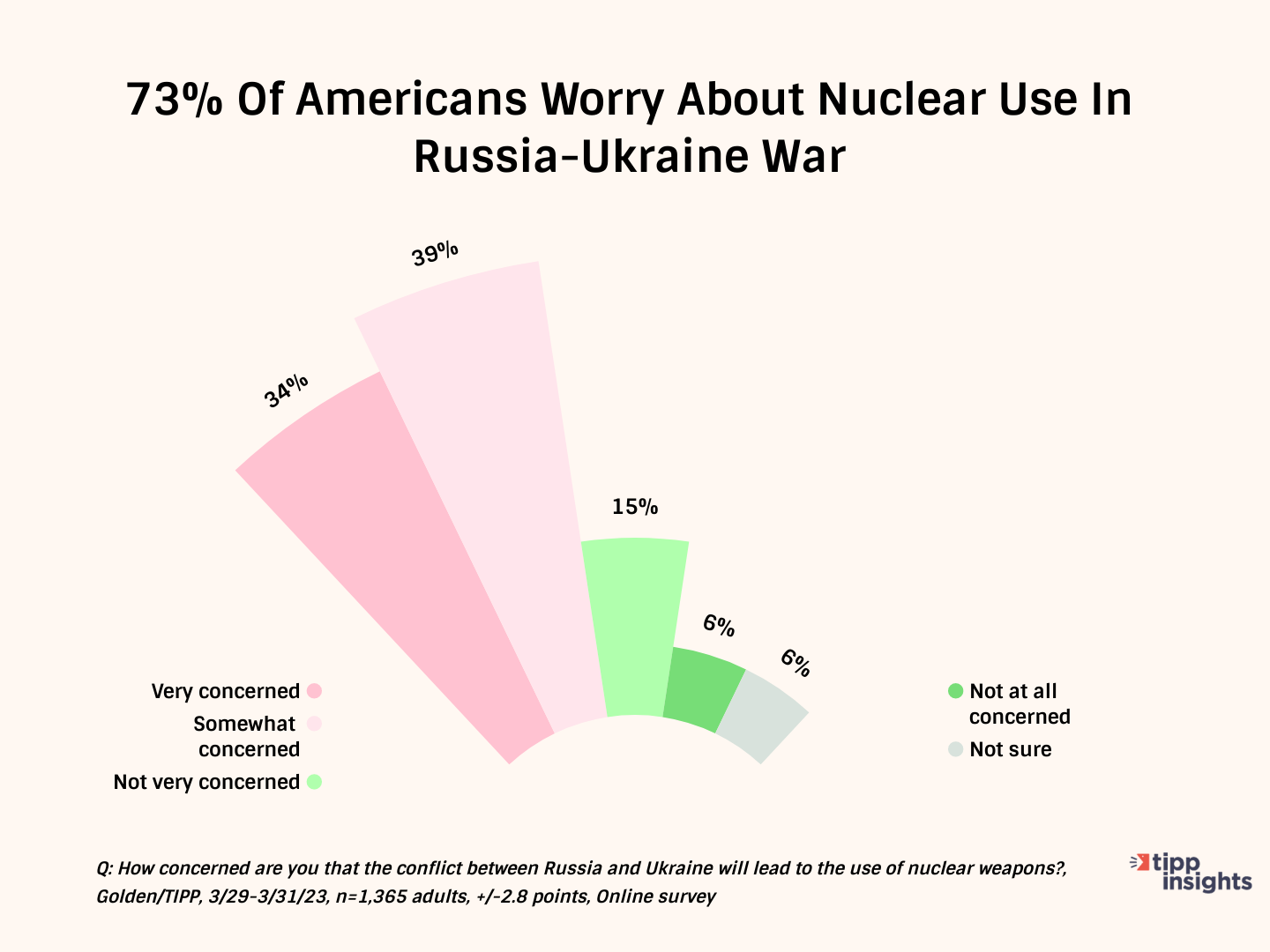
As the war drags on without concrete efforts from either side to mitigate the crisis, Americans are becoming more concerned. Over the past month, the worry has increased steadily among the population.
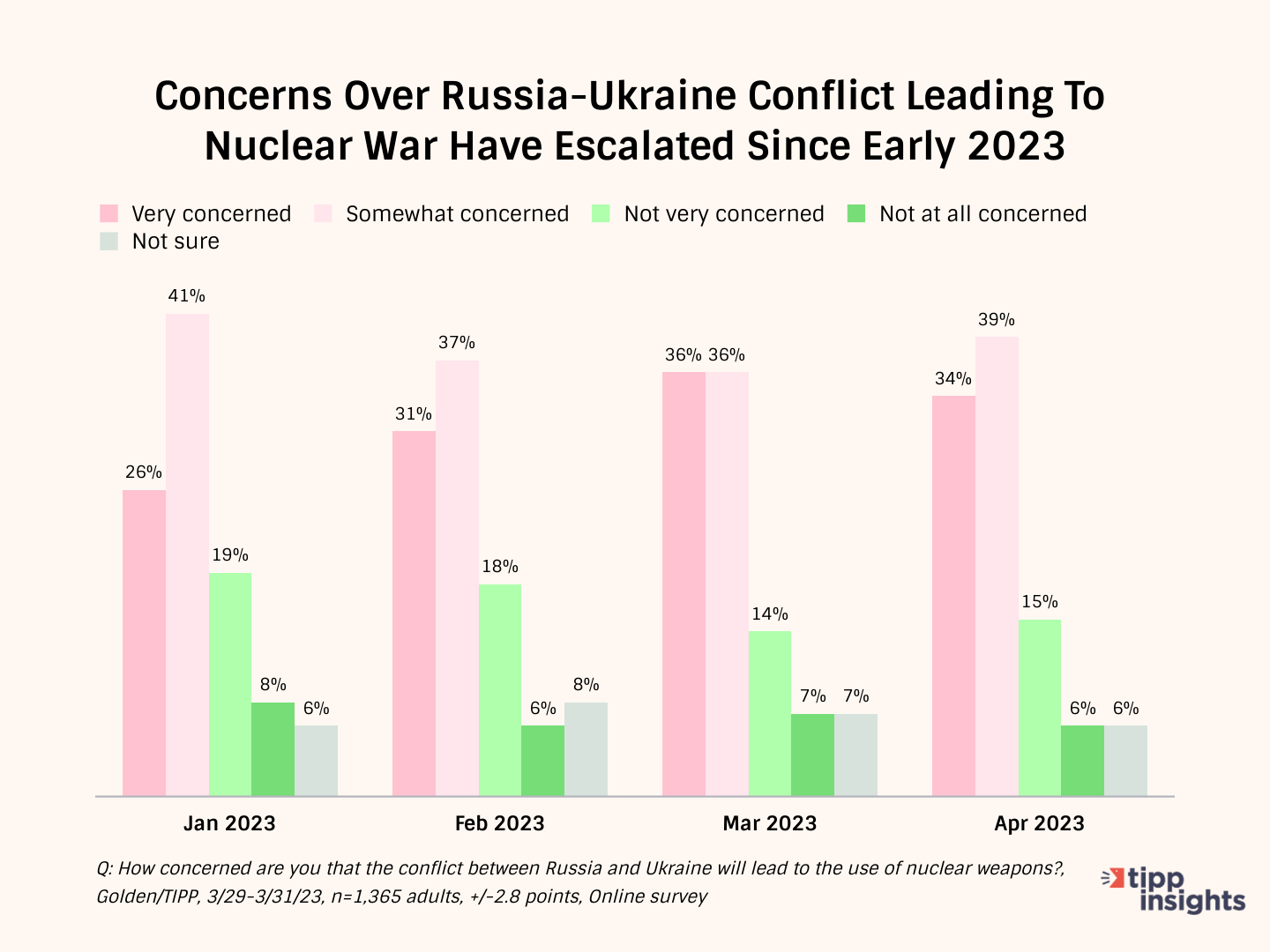
The use of nuclear weapons could have devastating and long-lasting consequences. A nuclear war, however ‘strategically contained,’ could cause massive casualties, widespread radiation sickness, and catastrophic food shortages. The possibility of a nuclear winter and the complete disruption of global climate, making it nearly impossible to recover from the catastrophe, are scenarios that scientists predict.
The world leaders are well aware of the disastrous consequences that the use of nuclear weapons entails. The question is: will that knowledge propel them to seek solutions to the conflict before it is too late?
Hey, want to dig deeper? Download data from our store for a small fee!
Like our insights? Show your support by becoming a paid subscriber!
Want to show your appreciation? Donate

